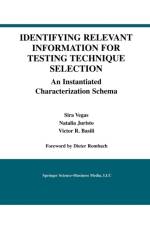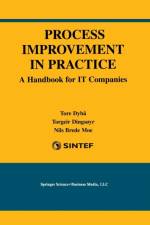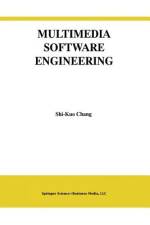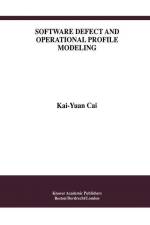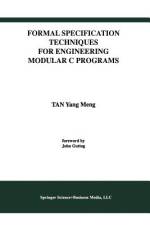von Lawrence Chung
503,00 €
Non-Functional Requirements in Software Engineering presents a systematic and pragmatic approach to `building quality into' software systems. Systems must exhibit software quality attributes, such as accuracy, performance, security and modifiability. However, such non-functional requirements (NFRs) are difficult to address in many projects, even though there are many techniques to meet functional requirements in order to provide desired functionality. This is particularly true since the NFRs for each system typically interact with each other, have a broad impact on the system and may be subjective. To enable developers to systematically deal with a system's diverse NFRs, this book presents the NFR Framework. Structured graphical facilities are offered for stating NFRs and managing them by refining and inter-relating NFRs, justifying decisions, and determining their impact. Since NFRs might not be absolutely achieved, they may simply be satisfied sufficiently (`satisficed'). To reflect this, NFRs are represented as `softgoals', whose interdependencies, such as tradeoffs and synergy, are captured in graphs. The impact of decisions is qualitatively propagated through the graph to determine how well a chosen target system satisfices its NFRs. Throughout development, developers direct the process, using their expertise while being aided by catalogues of knowledge about NFRs, development techniques and tradeoffs, which can all be explored, reused and customized. Non-Functional Requirements in Software Engineering demonstrates the applicability of the NFR Framework to a variety of NFRs, domains, system characteristics and application areas. This will help readers apply the Framework to NFRs and domains of particular interest to them. Detailed treatments of particular NFRs - accuracy, security and performance requirements - along with treatments of NFRs for information systems are presented as specializations of the NFR Framework. Case studies of NFRs for a variety of information systems include credit card and administrative systems. The use of the Framework for particular application areas is illustrated for software architecture as well as enterprise modelling. Feedback from domain experts in industry and government provides an initial evaluation of the Framework and some case studies. Drawing on research results from several theses and refereed papers, this book's presentation, terminology and graphical notation have been integrated and illustrated with many figures. Non-Functional Requirements in Software Engineering is an excellent resource for software engineering practitioners, researchers and students.

